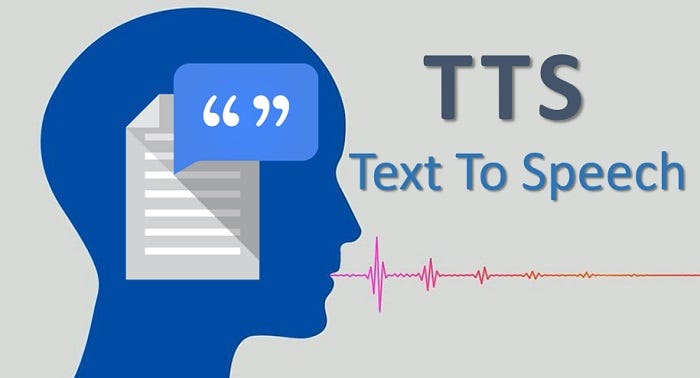Finding the Best Therapist in California: A Comprehensive Guide
Finding the right therapist can be a crucial step towards improving mental health and well-being. In a state as diverse and expansive as California, the options for mental health care are abundant, which can make the search for the perfect therapist both exciting and overwhelming. This comprehensive guide aims to simplify the process of finding the best therapist in California, offering practical advice and insights to help you make an informed decision.
Understanding Your Needs
Identify Your Goals
Before you start your search, it’s important to identify your goals for therapy. Are you dealing with anxiety, depression, relationship issues, or trauma? Knowing your specific needs can help you find a therapist who specializes in the areas that are most relevant to you.
Consider Therapy Types
There are various types of therapy available, each with its own approach and methodology. Common types include:
- Cognitive Behavioral Therapy (CBT): Focuses on changing negative thought patterns and behaviors.
- Psychodynamic Therapy: Explores unconscious patterns and their impact on current behavior.
- Humanistic Therapy: Emphasizes personal growth and self-actualization.
- Family Therapy: Addresses family dynamics and relationships.
- Couples Therapy: Helps partners improve their relationship.
Understanding which type of therapy aligns with your needs can narrow down your search.
Researching Potential Therapists
Online Directories
Online directories such as Psychology Today, TherapyDen, and GoodTherapy provide extensive listings of therapists in California. These directories allow you to filter search results based on location, specialties, insurance accepted, and more.
Professional Associations
Professional associations, such as the California Association of Marriage and Family Therapists (CAMFT) and the American Psychological Association (APA), often have directories of licensed therapists. These directories ensure that the therapists are accredited and adhere to professional standards.
Personal Recommendations
Personal recommendations from friends, family, or healthcare providers can be valuable. People who know you well may suggest therapists they trust and who might be a good fit for you.
Evaluating Credentials and Experience
Verify Licenses
Ensure that any therapist you consider is licensed to practice in California. Common licenses include Licensed Marriage and Family Therapist (LMFT), Licensed Clinical Social Worker (LCSW), and Licensed Psychologist (Ph.D. or Psy.D.).
Assess Specializations
Look for therapists who specialize in the issues you want to address. Specializations might include trauma, addiction, eating disorders, or specific populations such as LGBTQ+ individuals or adolescents.
Review Experience
Experience matters in therapy. Look for therapists who have been practicing for several years and have a track record of working with clients who have similar issues to yours.
Considering Practical Aspects
Location and Accessibility
Choose a therapist whose office is conveniently located. Consider the ease of access, parking availability, and whether the office environment feels comfortable and safe.
Availability
Check the therapist’s availability to ensure it aligns with your schedule. Some therapists offer evening or weekend appointments, which can be crucial if you have a busy work schedule.
Fees and Insurance
Therapy can be expensive, so it’s important to understand the cost and whether your insurance covers it. Some therapists offer sliding scale fees based on income, so don’t hesitate to ask about financial options.
Initial Consultation
Prepare Questions
Prepare a list of questions to ask during your initial consultation. These might include:
- What is your approach to therapy?
- How do you measure progress?
- How long do you typically work with clients?
- What is your experience with my specific issues?
Assess Comfort and Compatibility
The initial consultation is a chance to assess your comfort level with the therapist. It’s important to feel safe, understood, and respected. Trust your instincts; if something feels off, it may be worth continuing your search.
Conclusion
Finding the best therapist in California requires a combination of self-reflection, research, and practical considerations. By identifying your needs, evaluating potential therapists’ credentials and experience, and considering logistical factors, you can make an informed decision that supports your mental health journey. Remember that finding the right therapist might take time, but the effort is well worth it for your overall well-being and mental health.
In a state as diverse as California, there’s a therapist out there who can meet your unique needs and help you navigate life’s challenges. Take the first step today towards finding the support you deserve.






